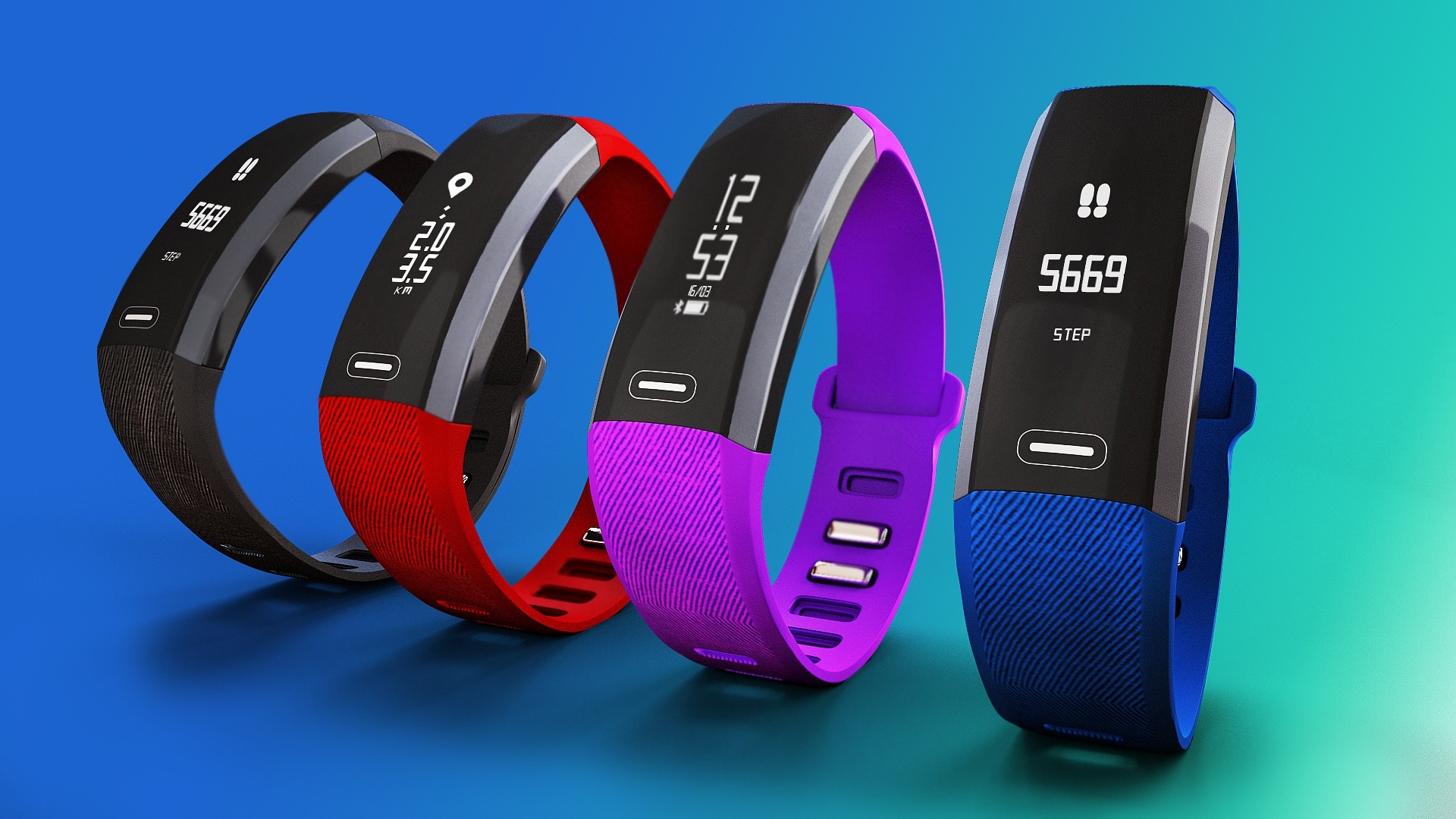Choosing a Smartwatch Health Monitor: What to Expect and What You’ll Pay
Smartwatch health monitors have transformed how we track our wellness, offering everything from heart rate monitoring to sleep analysis right on our wrists. These devices combine convenience with comprehensive health tracking, making personal wellness monitoring more accessible than ever. Understanding what features matter most and how much you should budget helps ensure you choose a device that truly meets your health and fitness goals.

Modern smartwatch health monitors represent a significant advancement in personal wellness technology, providing users with continuous access to vital health metrics. These devices have evolved from simple step counters to sophisticated health tracking systems capable of monitoring multiple physiological parameters throughout the day.
Key Features to Look For in a Smartwatch Health Monitor
When selecting a smartwatch health monitor, several essential features distinguish quality devices from basic alternatives. Heart rate monitoring forms the foundation of most health-focused smartwatches, with optical sensors providing continuous readings during rest and exercise. Sleep tracking capabilities analyze sleep stages, duration, and quality, offering insights into recovery patterns. Blood oxygen monitoring has become increasingly common, measuring SpO2 levels to assess respiratory health. GPS functionality enables accurate distance and pace tracking for outdoor activities, while water resistance ensures durability during swimming or intense workouts. Advanced models may include ECG monitoring, stress level assessment, and fall detection features that add significant value for comprehensive health monitoring.
Accuracy: How Reliable Are These Devices?
The reliability of smartwatch health monitors varies significantly depending on the specific metric being measured and the device’s sensor quality. Heart rate monitoring generally achieves good accuracy during steady-state activities, with most quality devices showing within 5-10% variance compared to chest strap monitors. However, accuracy can decrease during high-intensity interval training or activities involving significant arm movement. Sleep tracking provides valuable trends and patterns, though it may not match the precision of dedicated sleep study equipment. Blood oxygen measurements offer useful general indicators but should not replace medical-grade pulse oximeters for clinical decisions. GPS accuracy typically performs well for distance tracking, though dense urban environments or heavy tree cover may affect precision. Users should understand that these devices excel at providing trends and general health insights rather than medical-grade diagnostic information.
Price Range: What You Can Expect to Pay
Smartwatches with health monitoring capabilities span a wide price spectrum, reflecting varying feature sets and build quality. Budget-friendly options typically range from $50 to $150, offering basic heart rate monitoring, step counting, and simple sleep tracking. Mid-range devices, priced between $200 and $400, usually include more advanced sensors, better accuracy, longer battery life, and additional health metrics like blood oxygen monitoring. Premium smartwatches command prices from $400 to $800 or more, featuring comprehensive health suites, medical-grade sensors, advanced analytics, and premium materials.
| Device Category | Price Range | Key Health Features | Battery Life |
|---|---|---|---|
| Budget Models | $50 - $150 | Basic heart rate, steps, sleep | 5-7 days |
| Mid-Range | $200 - $400 | Heart rate, SpO2, GPS, stress | 3-5 days |
| Premium | $400 - $800+ | ECG, advanced sleep, fall detection | 1-3 days |
| Fitness-Focused | $150 - $300 | Multi-sport tracking, recovery metrics | 7-14 days |
Prices, rates, or cost estimates mentioned in this article are based on the latest available information but may change over time. Independent research is advised before making financial decisions.
The investment in a smartwatch health monitor should align with your specific health goals and usage patterns. Casual fitness enthusiasts may find excellent value in mid-range options that provide reliable basic monitoring without premium pricing. Serious athletes or individuals with specific health concerns might justify higher costs for advanced features and superior accuracy. Consider ongoing costs such as replacement bands, screen protectors, and potential subscription services for advanced health analytics when calculating total ownership expenses.
Choosing the right smartwatch health monitor requires balancing desired features, accuracy requirements, and budget constraints. While these devices offer valuable health insights and motivation for maintaining active lifestyles, they work best as complementary tools alongside professional medical care. Focus on devices from reputable manufacturers with proven track records in health monitoring, and prioritize features that align with your specific wellness objectives rather than being swayed by marketing claims about the latest sensors or capabilities.




